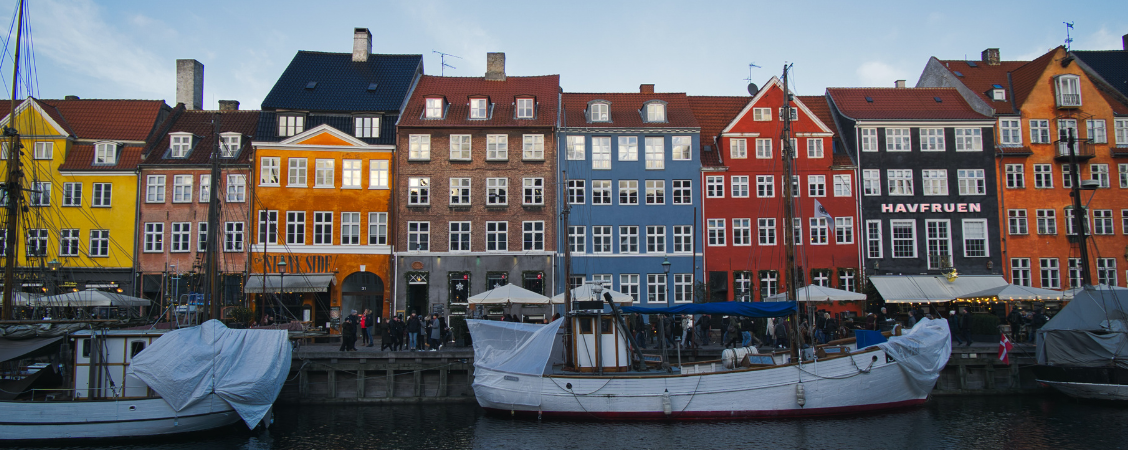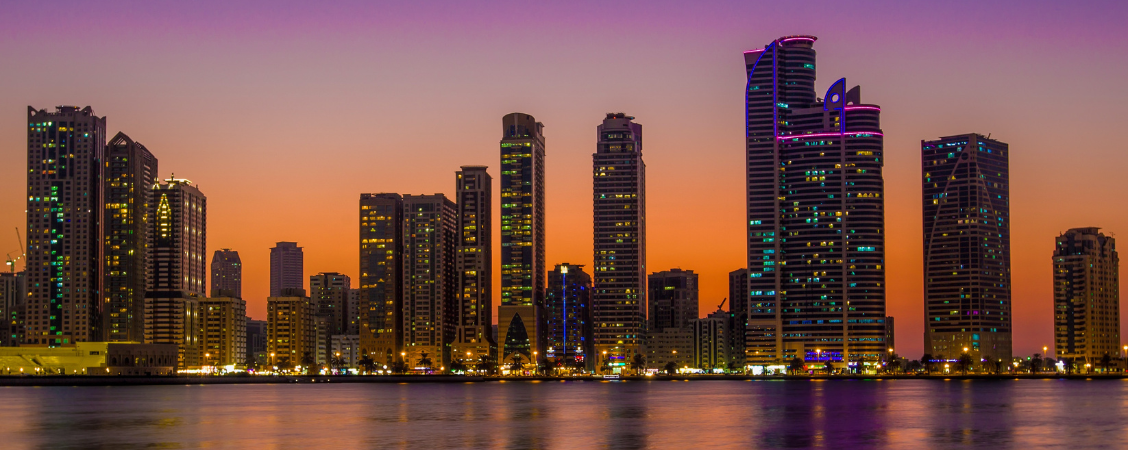Rise of FinTech
One of the most notable trends in the finance industry is the rise of financial technology, or FinTech. From mobile banking to blockchain technology, FinTech is revolutionizing the way financial services are delivered and consumed. In the Middle East, governments and businesses are embracing FinTech solutions to enhance efficiency, improve access to financial services, and drive innovation.
Focus on Sustainability
Sustainability has emerged as a key priority for companies across all industries, including finance. In the Middle East, there is a growing awareness of the importance of environmental, social, and governance factors in investment decisions. Finance professionals who understand sustainability principles and can integrate them into their strategies will be in high demand in the coming years.
Remote Work Opportunities
The COVID-19 pandemic has accelerated the adoption of remote work in the finance industry. As companies adapt to the new normal, many are embracing flexible work arrangements and remote work opportunities. Finance professionals in the Middle East now have the freedom to work from anywhere. Opening up new possibilities and expanding their job prospects beyond traditional office settings.
Importance of Data Analytics
In an increasingly data-driven world, proficiency in data analytics is becoming a valuable skill for finance professionals. Companies in the Middle East are investing in data analytics tools and technologies. To gain insights into customer behavior, identify trends, and make data-driven decisions. Finance professionals who possess strong analytical skills and a deep understanding of data will be well-positioned for success in the future.
Conclusion
The future of finance in the Middle East is bright. With exciting opportunities in FinTech, sustainability, remote work, and data analytics. Finance professionals who stay ahead of these trends, adapt to new technologies, and embrace lifelong learning will be well-equipped to thrive in this dynamic and ever-evolving industry.










